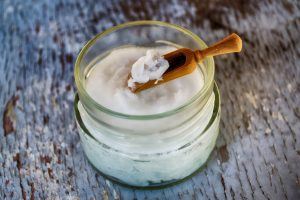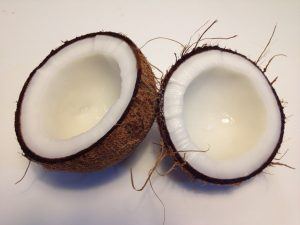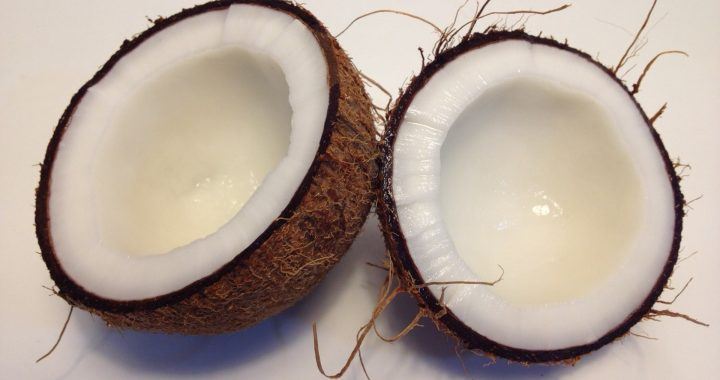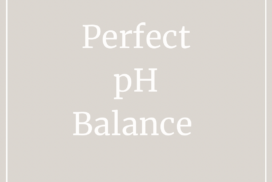
Much has been made of the benefits of coconut oil. It’s a fabulous conditioner for your hair, particularly curly hair, and it makes an amazing cooking alternative to standard oils. It’s anti-bacterial, anti-fungal, and has been shown to improve metabolism (though some experts claim it’s higher in saturated fats than lard – it’s an ongoing debate!)
Recently though, I’ve noticed a rise in the number of women who say they are using it as a lubricant for sex. I can see why there may be a belief that it’s ‘good’. It’s natural, no additives, no preservatives, and has a slippery texture. All things seemingly ideal for a natural lubricant if you want to avoid chemicals.
But (and it’s a big but), does that really mean it’s a good intimate lubricant?
The importance of pH
pH is hugely important, especially when it comes to our vaginas. The pH of the vagina is quite acidic at pH 3.5-4.7. The acidic nature of the vagina essentially helps kill off invasive bacteria, such as thrush or other infections, and protects this delicate environment. So we need to make sure what we’re using doesn’t disrupt this important balance.
Many will tell you that the pH of coconut oil is low, around pH5.5, but even this isn’t low enough to suit the vaginal environment. In fact though, most raw coconut oils test at around pH7. This would definitely be unsuitable for use anywhere around the vagina.
But it has such a great texture, right?

So what’s the recommendation?
Using oils or lubricants which are not pH friendly can lead to thrush, bacterial vaginosis and other nasty conditions. In short, though a product may be totally great in other areas (Thai food anyone?) absolutely doesn’t mean it will be good elsewhere. Stick to well -tested, trusted products instead. Your vagina will definitely thank you for it.
The good news is that there are personal lubes that are made with natural ingredients. Specially formulated with your vagina in mind, Sylk’s pH is 4.5 so helps keep nasty bacteria at bay. As it’s water based it’s safe to use with condoms, and our two varieties are made with plant-based ingredients: the kiwi vine gum, or flax seed, ashwagandha and maca.
Health professionals all over the world recommend Sylk, so take a look at our shop and read our reviews to see for yourself!




